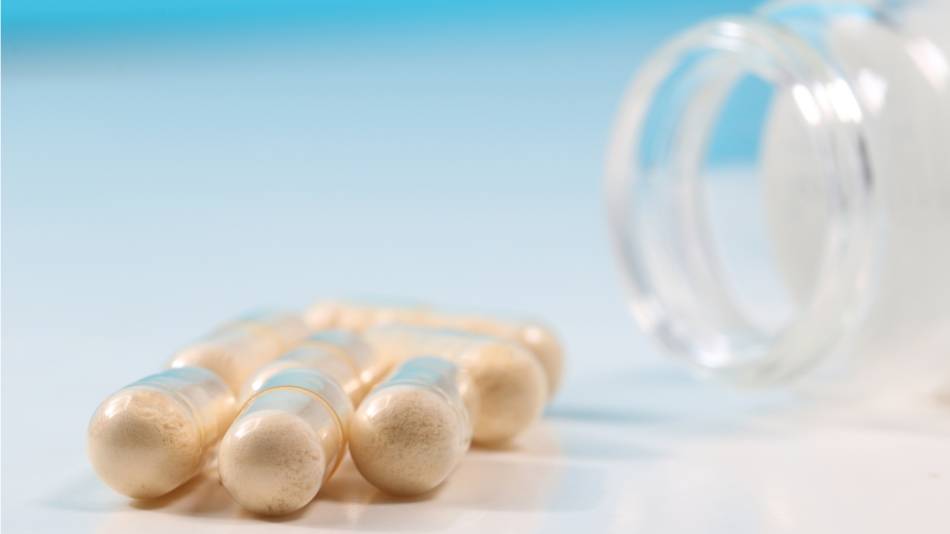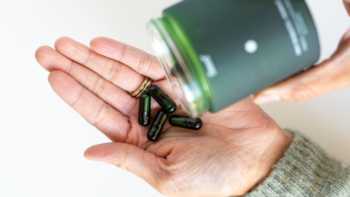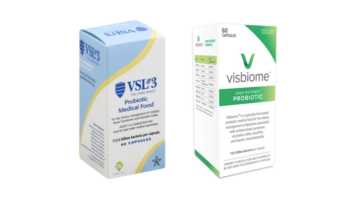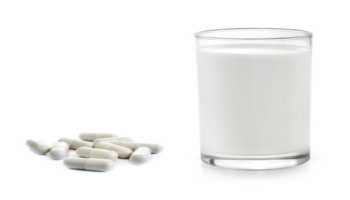
Answer:
Some, but not all, probiotics need to be refrigerated, both before and after they are purchased.
However, all probiotics need to be kept out of high heat. In fact, in 2009 the majority (85%) of probiotics selected for testing by ConsumerLab.com did not contain their listed amounts of organisms and, as ConsumerLab.com later learned, improper shipping and warehousing by distributors and retailers appears to have been at least partly to blame. Fortunately, ConsumerLab.com has found better results in more recent Reviews, probably due to improvements in refrigeration procedures by several companies.
Sign in as a member to learn which probiotics need to be refrigerated and which are shelf stable. Also, for probiotics that require refrigeration, learn how they should be shipped to you and how to maximize their shelf life.
For more information about probiotics and ConsumerLab.com's latest tests and comparisons, see the Product Review of Probiotic Supplements.
Join today to unlock all member benefits including full access to all CL Answers and over 1,400 reviews.
Join NowAlready a member? Sign In Here.
Join now at www.consumerlab.com/join/














Submit your comment
This feature is restricted to active members.
Join now to add comments and get all member benefits, including over 1,400 reviews.
Join NowAlready a member? Sign in here.